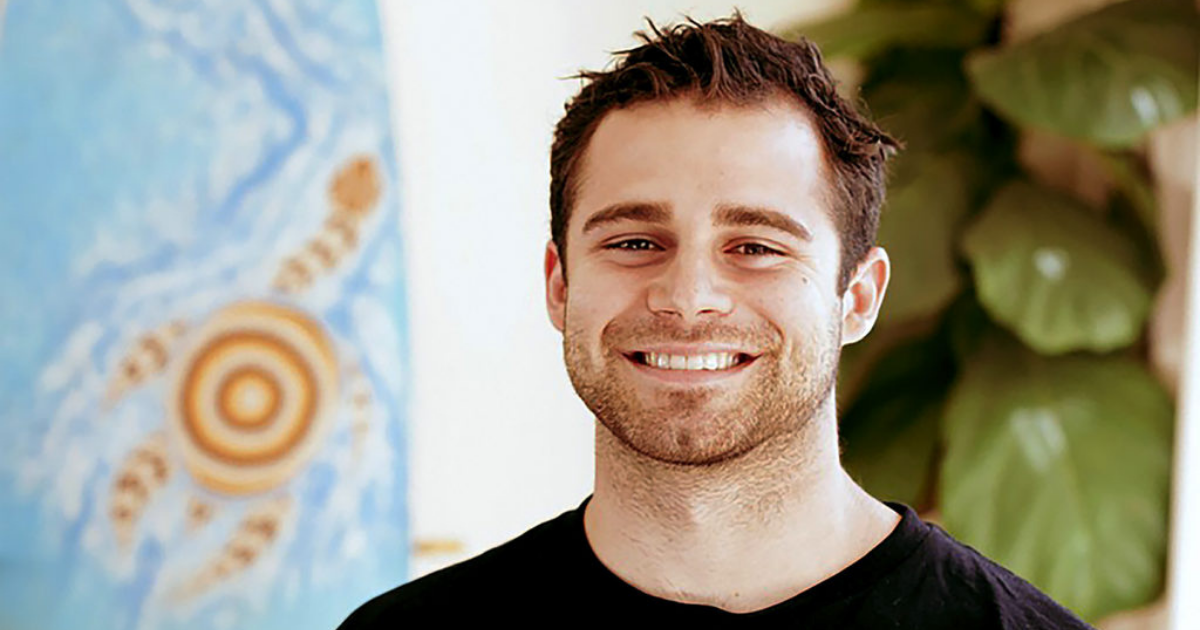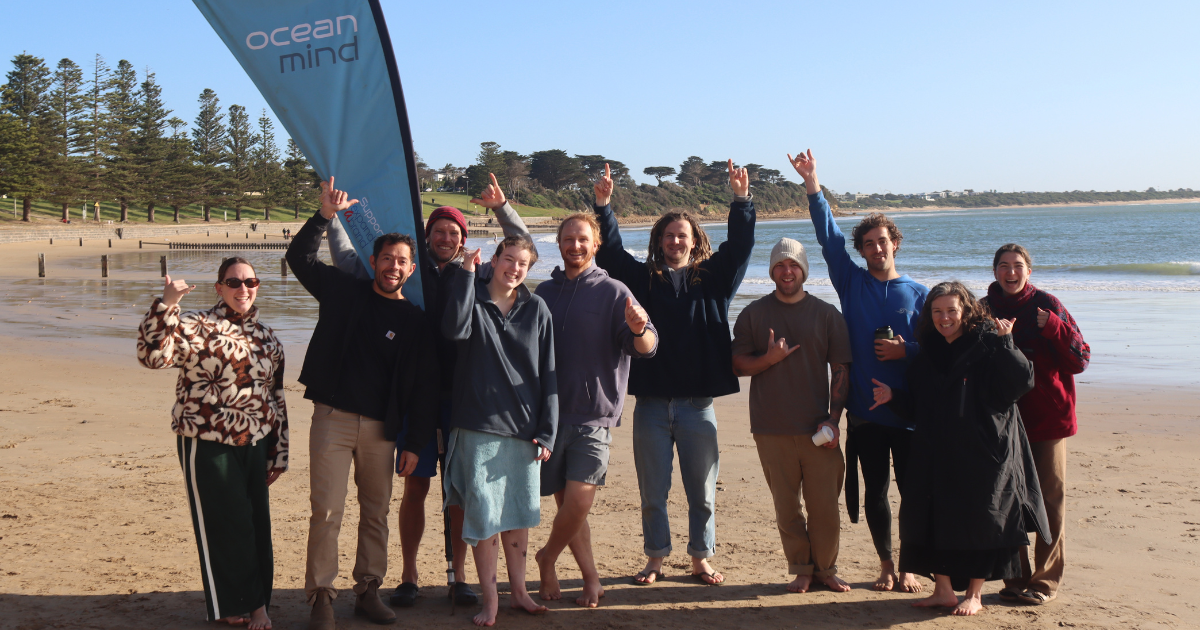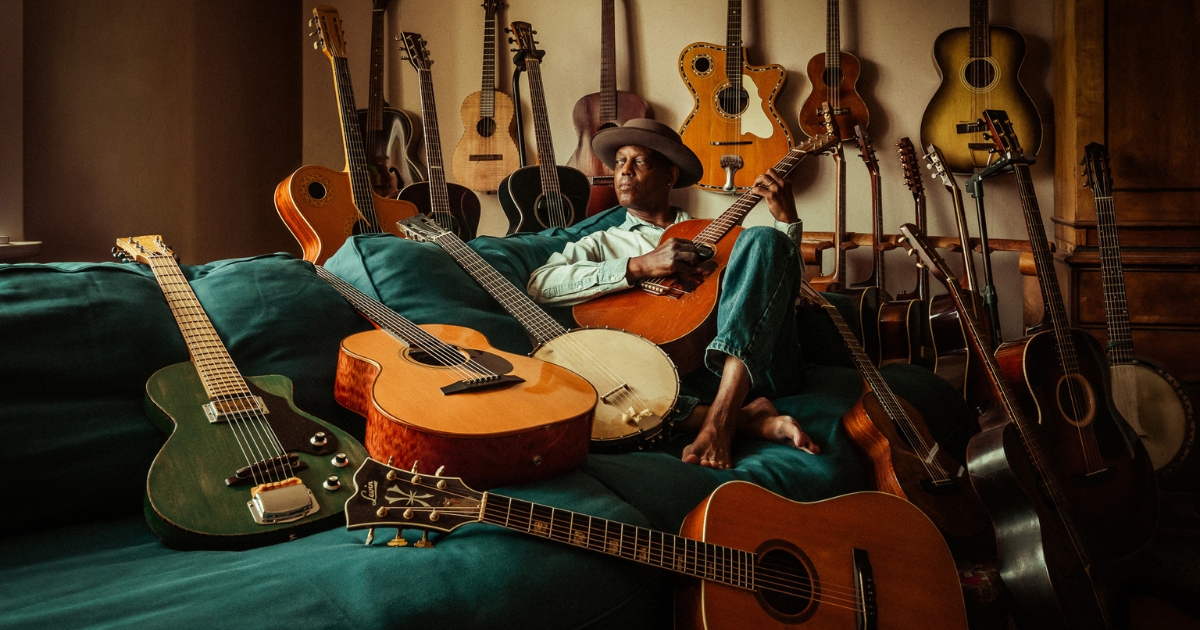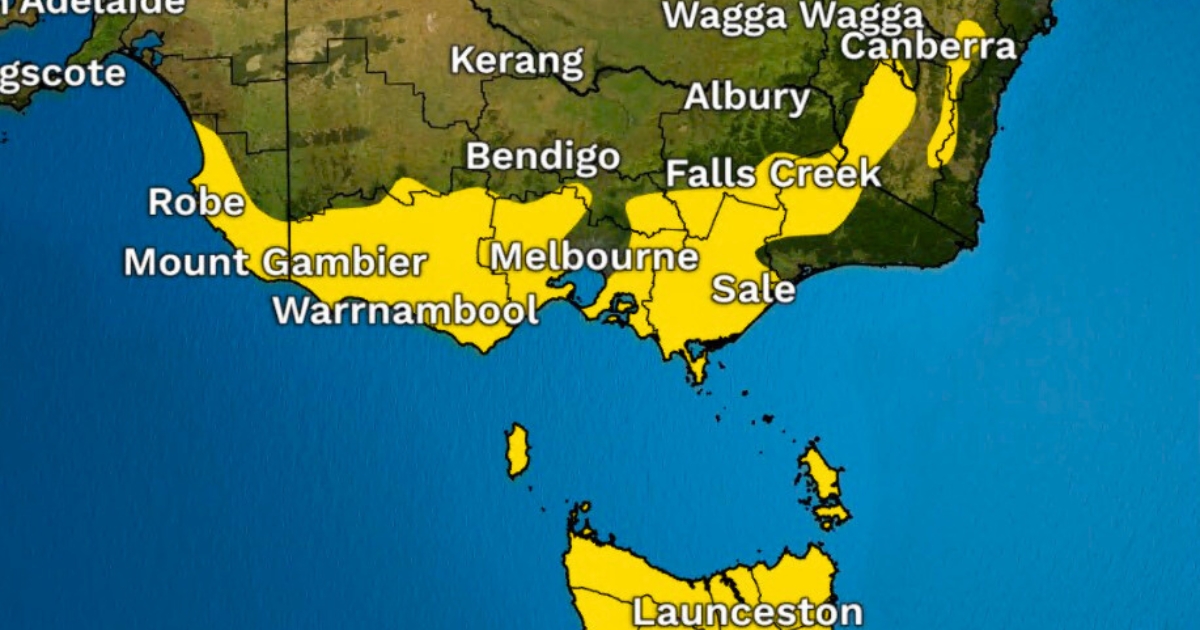Acknowledging history and steps towards unity

Keeden Graham is encouraging the community to learn about Australia's history and understand the significance of a national day which everyone can celebrate.
ALL STATES and territories have marked Australia Day with a public holiday on January 26 since 1994, yet it has been recognised as a day of mourning by Indigenous people in 1938.
Proud Yorta-Yorta, Wiradjuri, and Dja Dja Wurrung man and Torquay local Keeden Graham hopes that by acknowledging Australia’s history for what it is, that misconceptions in the community around the significance of changing the date of the national day will be addressed.
Keeden also hopes that by choosing to celebrate our national day on another significant date for all Australians, it will bring unity.
He said Surf Coast Shire council’s decision to cancel its official Australia Day celebrations, and pledging to fly the Aboriginal and Torres Strait Island flags half-mast on January 26, 2022, was a significant step towards reconciliation and his hope for unity.
Keeden said community criticism of the council’s decision was disappointing and he hoped that critics took the time to understand the history, facts and issues.
“I do think the council made a good decision in terms of respecting and understanding what the day represents to indigenous communities. An attempted genocide of First Nations people,” he said.
“The Australian Aborigines League declared January 26 as a day of mourning, reflection, sorrow and deep hurt in 1938, a long time before all of Australia started celebrating it as Australia Day.
“I think that’s where the confusion is; a lack of awareness of our history.
“We need to reflect on our history and acknowledge it; moving the date doesn’t erase it but it is symbolic of listening and recognising the truth and the hardships.
“When Cook arrived to establish a penal colony, 90 per cent of our Indigenous population was wiped out. And people ask, ‘why aren’t you celebrating that date?’.”
Keeden, who is manager and deputy CEO of Strong Brother Strong Sister, a Geelong-based organisation which supports young Aboriginal people, said reconciliation was important to all generations of First Nations people, particularly the youth.
“The incarceration rate, the health gap, the 10-year life expectancy difference, the out-of-home care stats across the board; there are massive gaps and that date is when it all started,” he said.
“It’s those issues that have an impact on our future; they are a cruel reminder that our voices aren’t being heard and we need everyone to come on that journey towards reconciliation together.
“We are all lucky and proud of our country and we have a lot to be thankful for.
“It’s about finding a date that we can all feel included and about doing the best we can in the interest of everyone.
“We’ve come a long way in diversity; we now need to progress towards inclusion.”

















